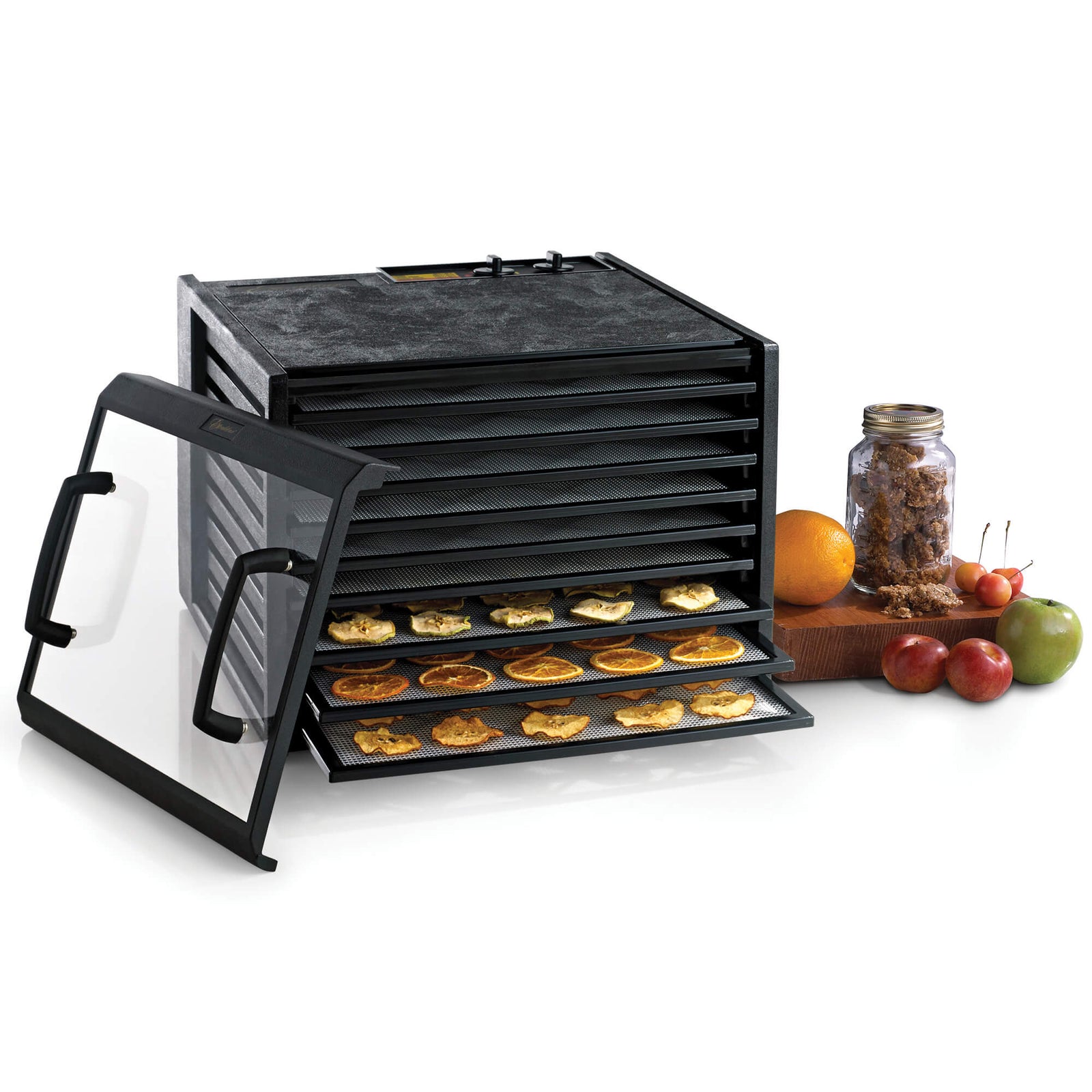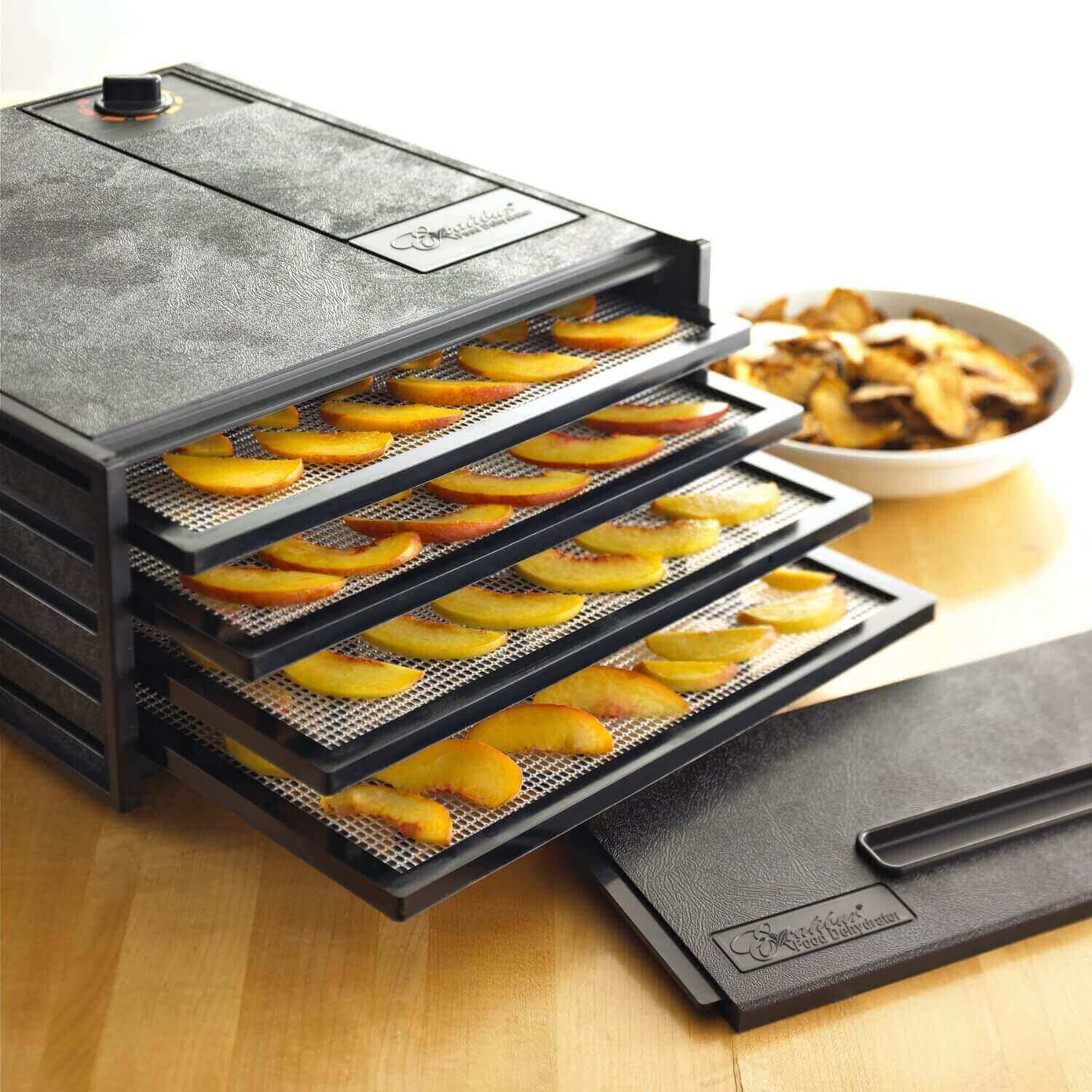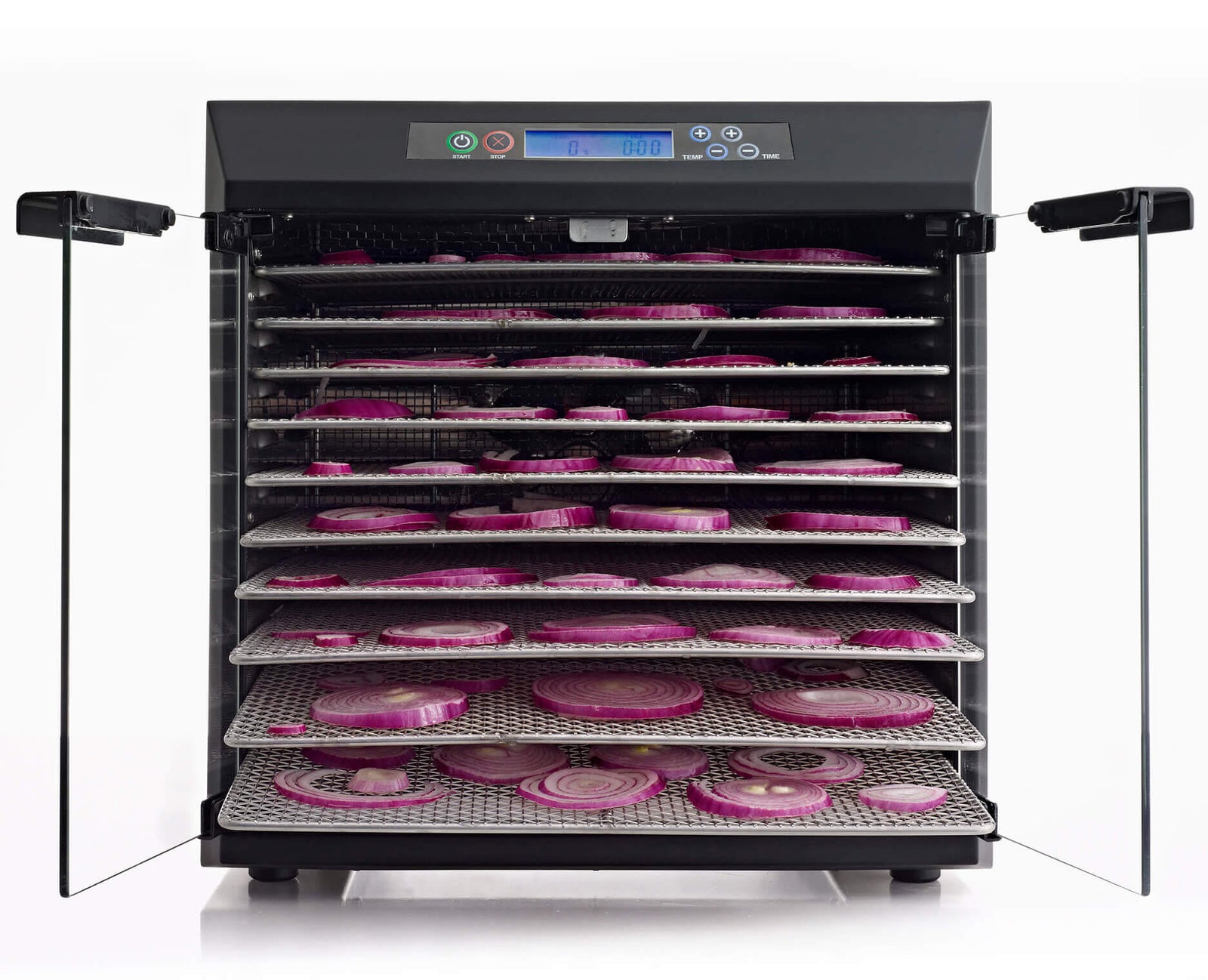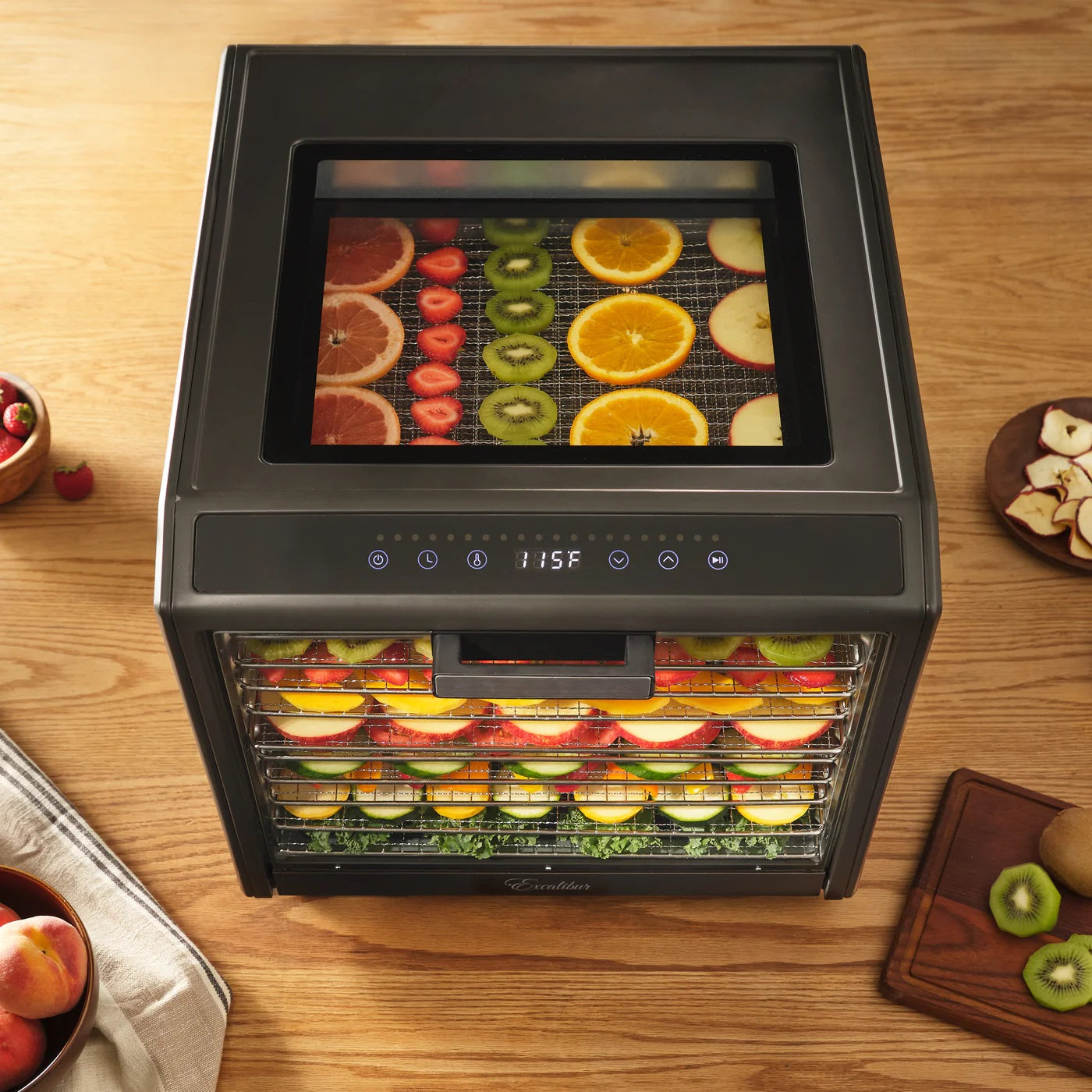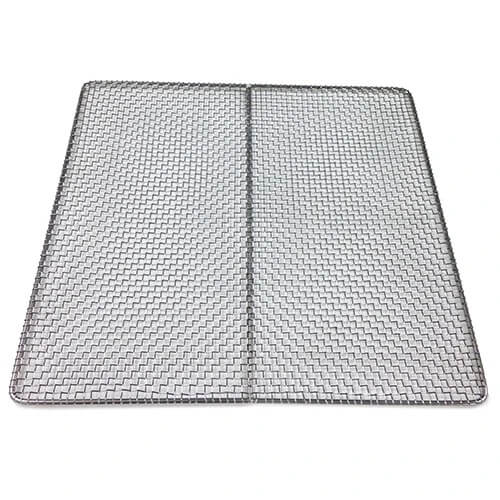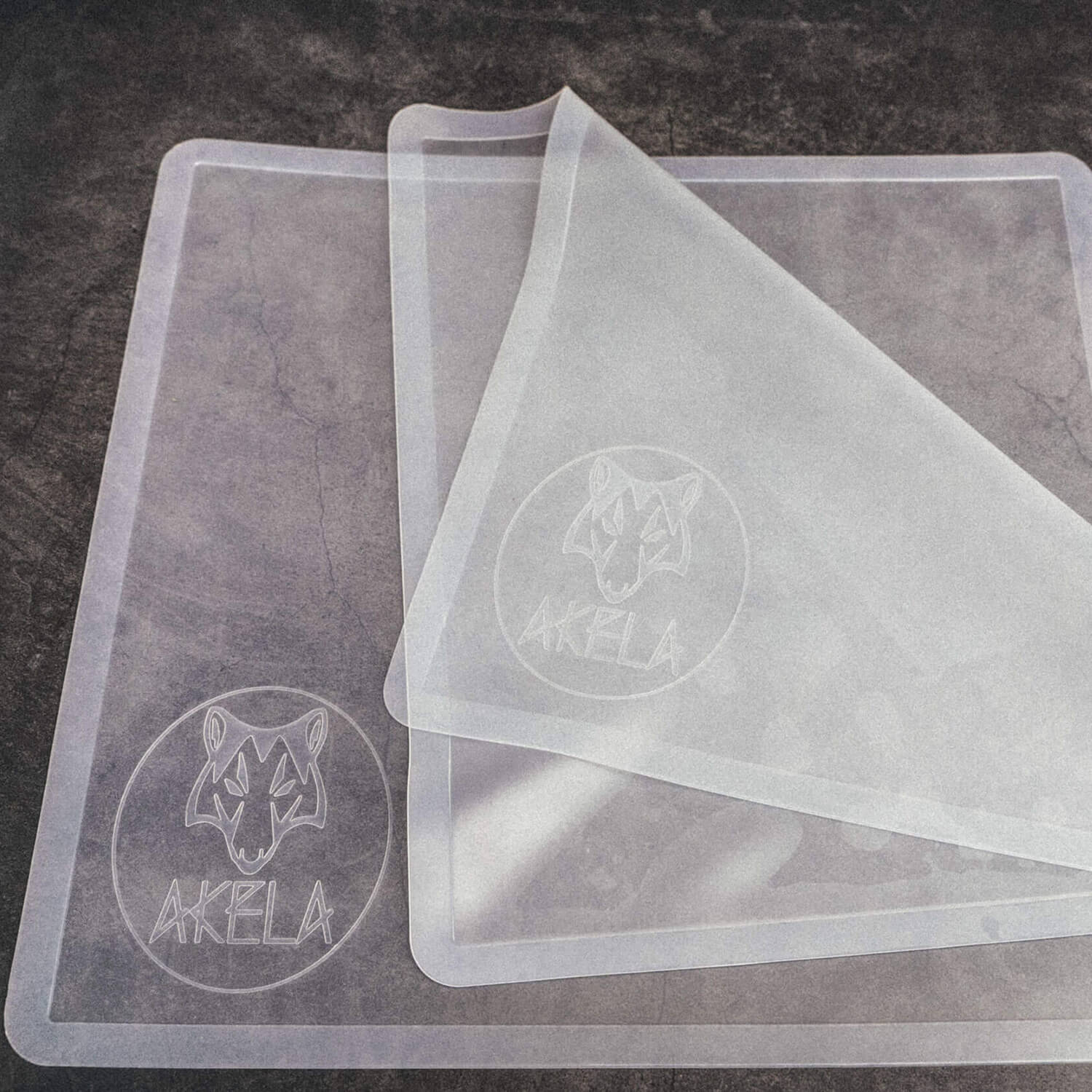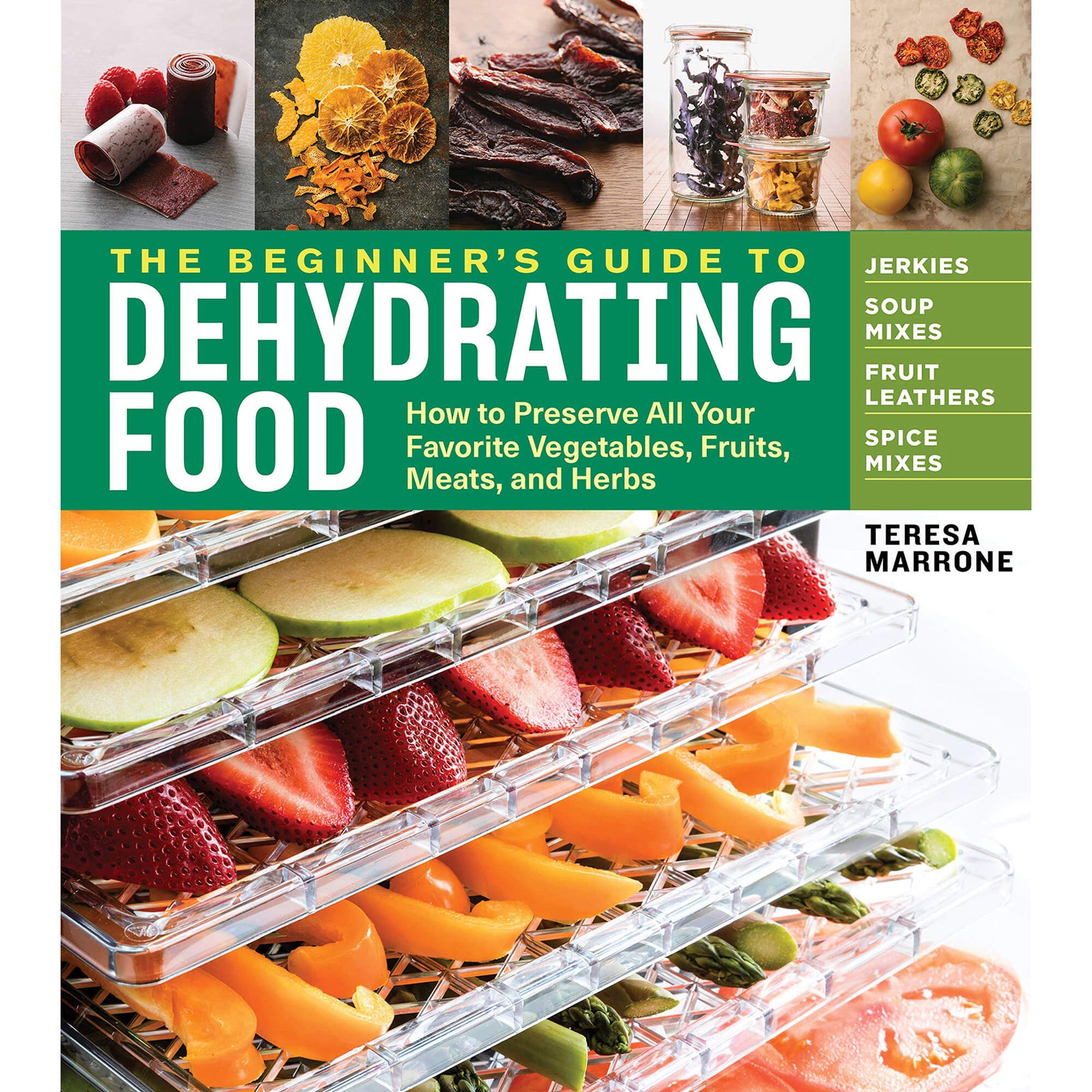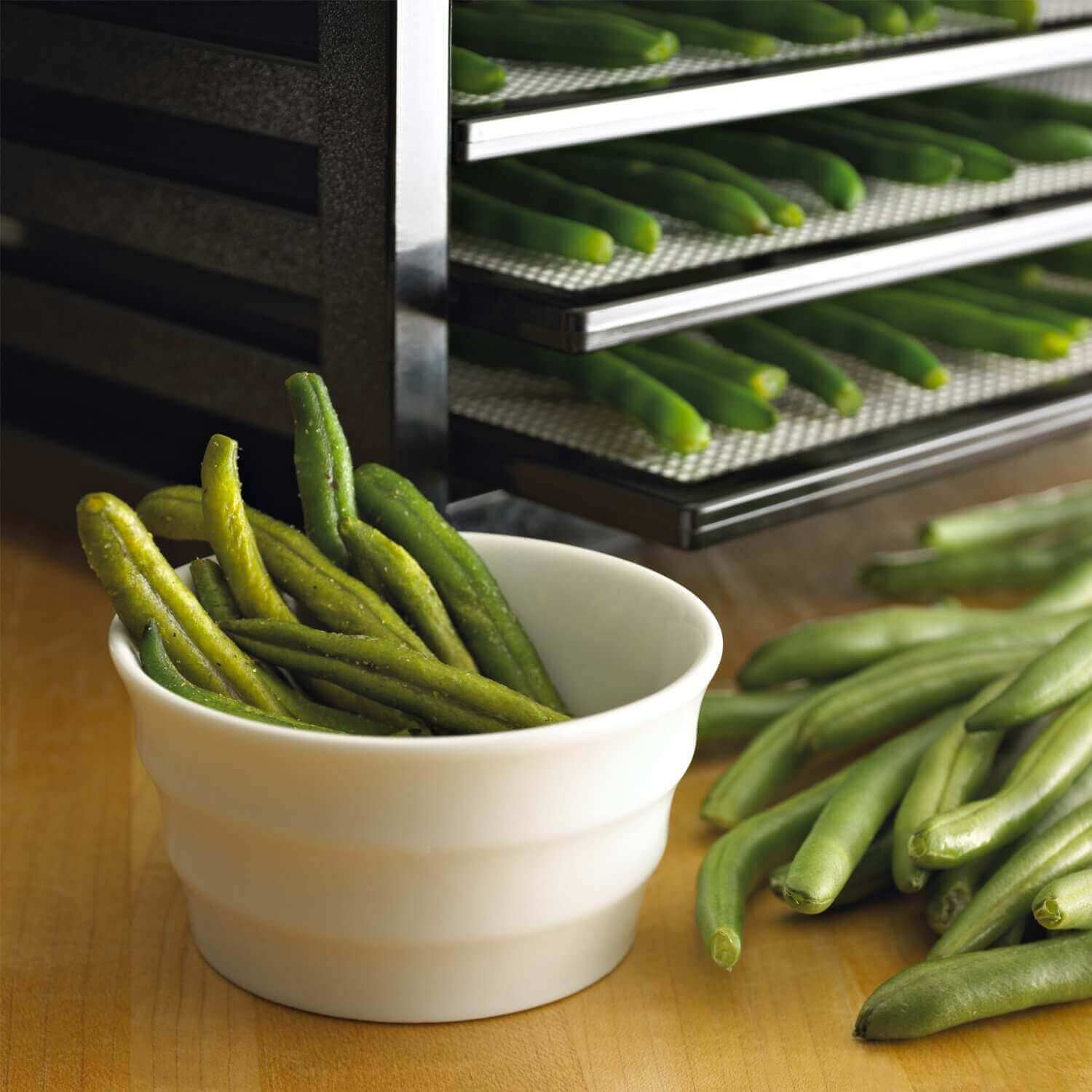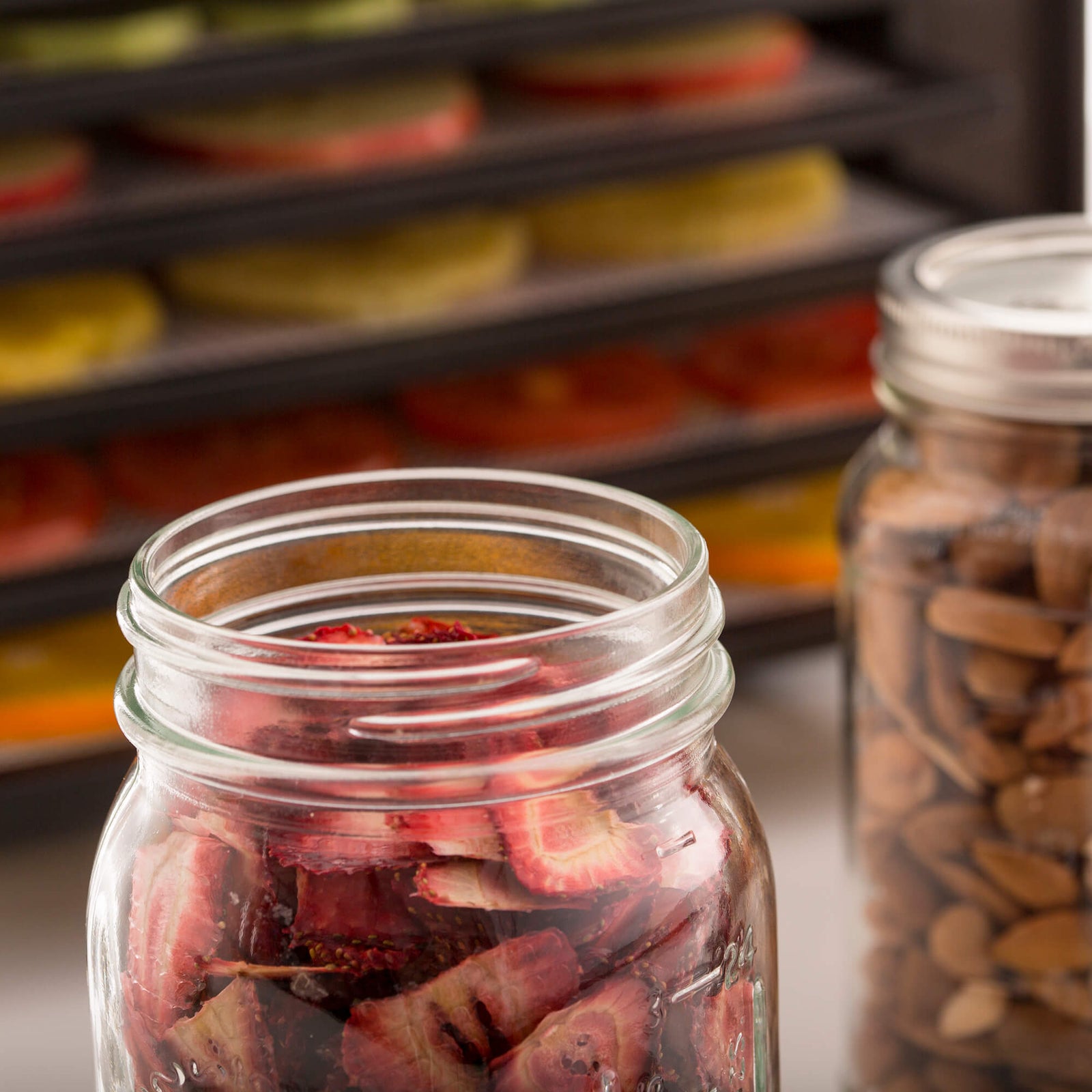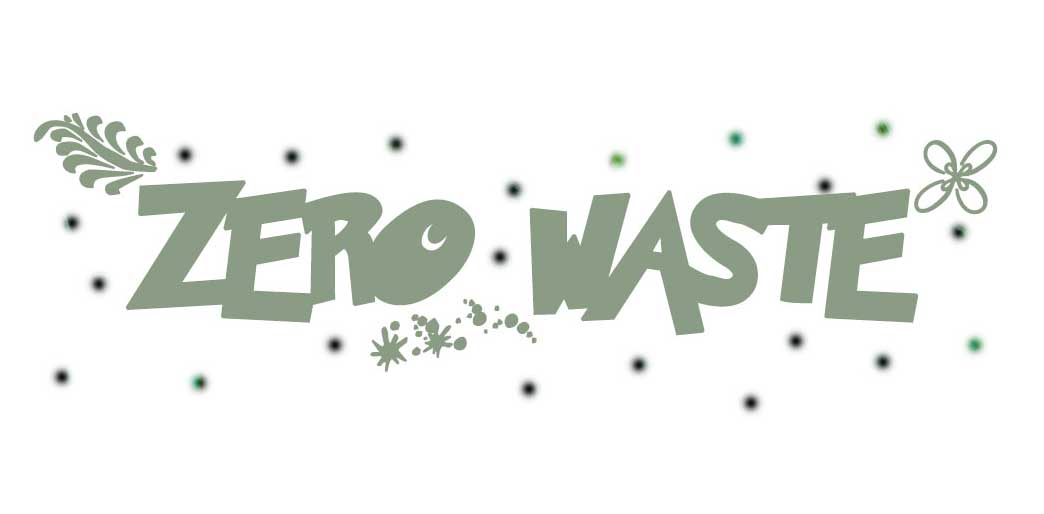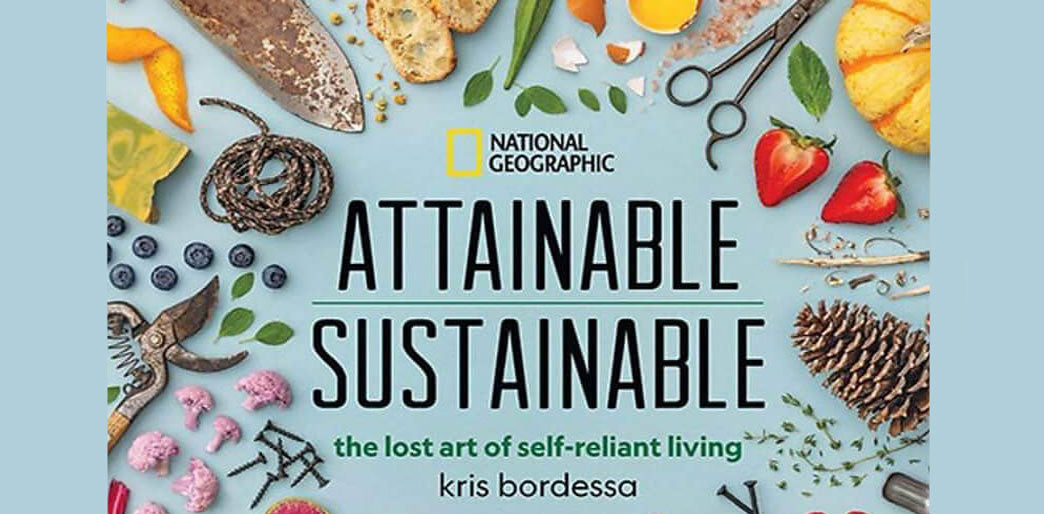Step Up & Pledge ZERO WASTE

Did you realise that up to half of every item in people's household bins is, on average, food waste!
This sends over 7.3 million tonnes of food waste to landfill every year. A staggering 298kg of food is wasted per person, totalling a massive $10.3 billion dollars. This makes Australia the fourth highest food wasting country globally. That is atrocious!!
Zero Waste refers to waste prevention, not waste management. Stop waste before it starts!
Why don't you, if you haven't already, join the fight against food waste? Make it a personal pledge ... Mother Earth will love you so much. 💚
Throwing away food and scraps that seem to be too old might seem harmless, however it’s hurting our planet immeasurably - as well as wasting your money.
Love your Leftovers

Most families have eyes much bigger than their bellies - so at the end of a meal, there is almost always a lot of food remaining uneaten. DON'T throw it away - please!
Be innovative and recycle all this precious food. Make new dishes the following day with the leftovers. If your family doesn’t like leftovers, many of them can be dehydrated for future use. Dehydrate cooked meats to use later in rice dishes, tacos, camping stews, and soup mixes. Dehydrate cooked vegetables to be used for instant cup-of-soup mixes. Turn apple sauce and other fruits into fruit roll-ups. OR - dehydrate the leftovers to store in the pantry or freezer for a last-minute dinner in the future.

Bulk Buy Shopping
When you have to purchase produce in fixed amounts, but don’t need all of it for a recipe, dehydrate the leftovers. Good candidates for this are celery, bunches of parsley or other herbs, carrots, and vegetable tops when your recipe calls for the bottoms.

Another candidate for this are bulk packages of all types of foodstuffs when unit pricing indicates those packages are the best bargain. When you open the container, use what you need for your immediate usage, then dehydrate the rest.

Home Grown Produce
The trend towards growing your own food is becoming extremely popular, and for excellent reasons. Have you ever told your friends and family that food just doesn't taste the same as it used to? Well, of course it doesn't! commercial food is laden with chemicals and fertilisers to ensure as much food per centimetre of ground is turned into dollars - never mind the that the quality suffers so badly!
The food you grow is much more delicious and nutritious, fresh and full of nutrients. So having a garden, no matter the size, is certainly a lifestyle choice you should do your best to make - if you aren't doing so already. You will eat healthier food, and the planet will be so much better as well. Just think of the waste that gets thrown out in supermarkets - it is dreadful to know of the massive quantity of food that ends up in dumpsters, simply because it may have an expired date, or it just may not look as pretty as it should.
By growing your own food you can eat every last morsel, without wasting anything at all!

Your life then has the "what-am-I-going-to-do-with-this-glut-of-tomatoes" syndrome. 😍
Well, dehydrate all those you can't eat fresh!
Here are a few suggestions:
Minced or Crumbled Dried Tomatoes
Tomato Powder
Tomato Chips
'Sundried' Tomato Pesto
Tomato Sauce
Dehydrated Tomato Wedges
Marinated Dehydrated Tomatoes
..... and the list is almost as endless as your buckets of fresh tomatoes. 🍅🍅🍅🍅🍅
Here are some frightening statistics, for those of you who want to delve more deeply into the advantages of going Zero Waste...
Global food loss and waste
Food production accounts for around one-quarter – 26% – of global greenhouse gas emissions. This is a lot, but it’s slightly easier to digest when we remind ourselves that food is a basic human need.
What’s harder to make sense of is the amount of greenhouse gas emissions which are caused in the production of food that is never eaten.
Around one-quarter of the calories the world produces are thrown away; they’re spoiled or spilled in supply chains; or are wasted by retailers, restaurants and consumers. To produce this food we need land, water, energy, and fertiliser inputs. It all comes at an environmental cost.
A study by Poore and Nemecek* found that almost one-quarter – 24% – of food’s emissions come from food that is lost in supply chains or wasted by consumers. Almost two-thirds of this (15% of food emissions) comes from losses in the supply chain which result from poor storage and handling techniques; lack of refrigeration; and spoilage in transport and processing. The other 9% comes from food thrown away by retailers and consumers.
This means that food wastage is responsible for around 6% of total global greenhouse gas emissions.
* Research Article “Reducing food’s environmental impacts through producers and consumers” by J. Poore and T. Nemecek - February 22, 2019



